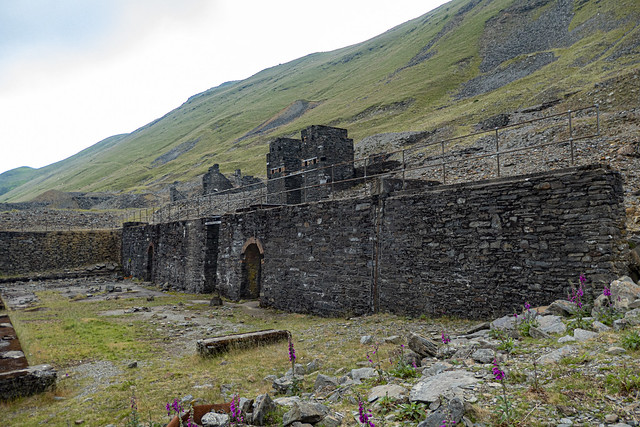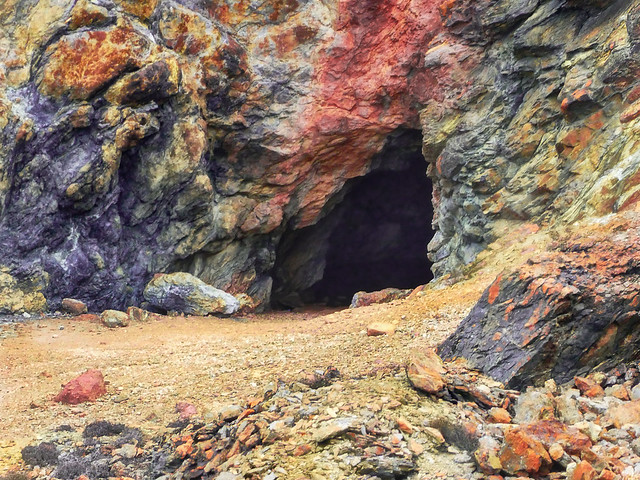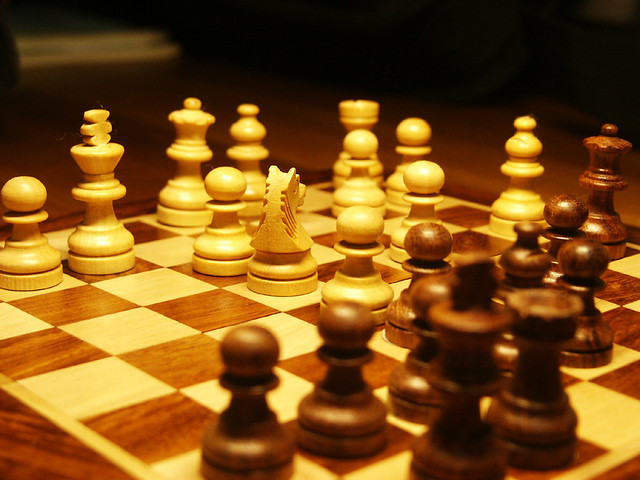Today we’re looking at the words for second or other and related things in Celtic languages.

| Proto-Celtic | *alyos [ˈal.jos] = other, second |
|---|---|
| Leptonic | 𐌀𐌋𐌉𐌏𐌔 (alios) = second, other |
| Gaulish | allos, alos = second, other |
| Old Irish (Goídelc) | aile = other, second indala [in͈ˈdala] = other (of two) |
| Middle Irish (Goídelc) | aile, oile, eile = other, second, another indala = one (of two), less often, the other, later, the second |
| Irish (Gaeilge) | eile [ˈɛlʲə] = other, another, next, more, else dara [ˈd̪ˠɑɾˠə / ˈd̪ˠaɾˠə] = second (2ⁿᵈ), next, other |
| Scottish Gaelic (Gàidhlig) | eile [elə] = other, another, else eileadh [eləɣ] = other eilich [elɪç] = alienate eileachadh = (act of) alienating, alienation, othering dala [dal̪ˠə] = second (2ⁿᵈ) |
| Manx (Gaelg) | elley = other, else, another, additional, alternative derrey = second in command, till, pending yn derrey = second (2ⁿᵈ) |
| Proto-Brythonic | *ėl [ˈe̝ːlˑ] = second, other |
| Middle Welsh (Kymraec) | ail, eil, eyl = second, other |
| Welsh (Cymraeg) | ail [ai̯l] = second, like, similar, equivalent, equal; son, grandson, heir, descendant; helper, supporter ailgylchu = to recycle eilaidd = secondary eilfed = second (number) eilaid = second (of time) |
| Middle Cornish | eil = second, another |
| Cornish (Kernewek) | eyl = one of two, second eyla = to second eylafinans = refurbishment eylgelghya = to recycle eylskrifa = to copy |
| Middle Breton) | eil = second |
| Breton (Brezhoneg) | eil [ˈɛjl] = second eilvet = second (number) eilad = second, copy, reproduction eilañ = to accompany, copy eiladiñ = to duplicate eiladuriñ = to reproduce, reproduction |
Words marked with a * are reconstructions.
Etymology: from the Proto-Indo-European *h₂élyos (other, another), from *h₂el- (beyond, other) [source]. The Old Irish word indala, which is the root of the Irish dara, the Scottish Gaelic dala and the Manx derrey, comes from the Old Irish ind (the) and aile (second) [source]..
Some words from the same PIE roots include else, all and ultra in English, al (all, all of) in Dutch, eller (else, otherwise) in Danish, Norwegian and Swedish, and այլ (ayl – another, other) in Armenian [source].
Sources: Wiktionary, Am Faclair Beag, Online Manx Dictionary, Teanglann.ie, eDIL – Electronic Dictionary of the Irish Language, In Dúil Bélrai English – Old Irish glossary, Geiriadur Prifysgol Cymru, Gerlyver Kernewek, Gerlyvyr Cernewec, Dictionaire Favereau, TermOfis, Le dictionnaire diachronique du breton, Geriafurch, English – ProtoCeltic WordList (PDF), Etymological Dictionary Of Proto Celtic









